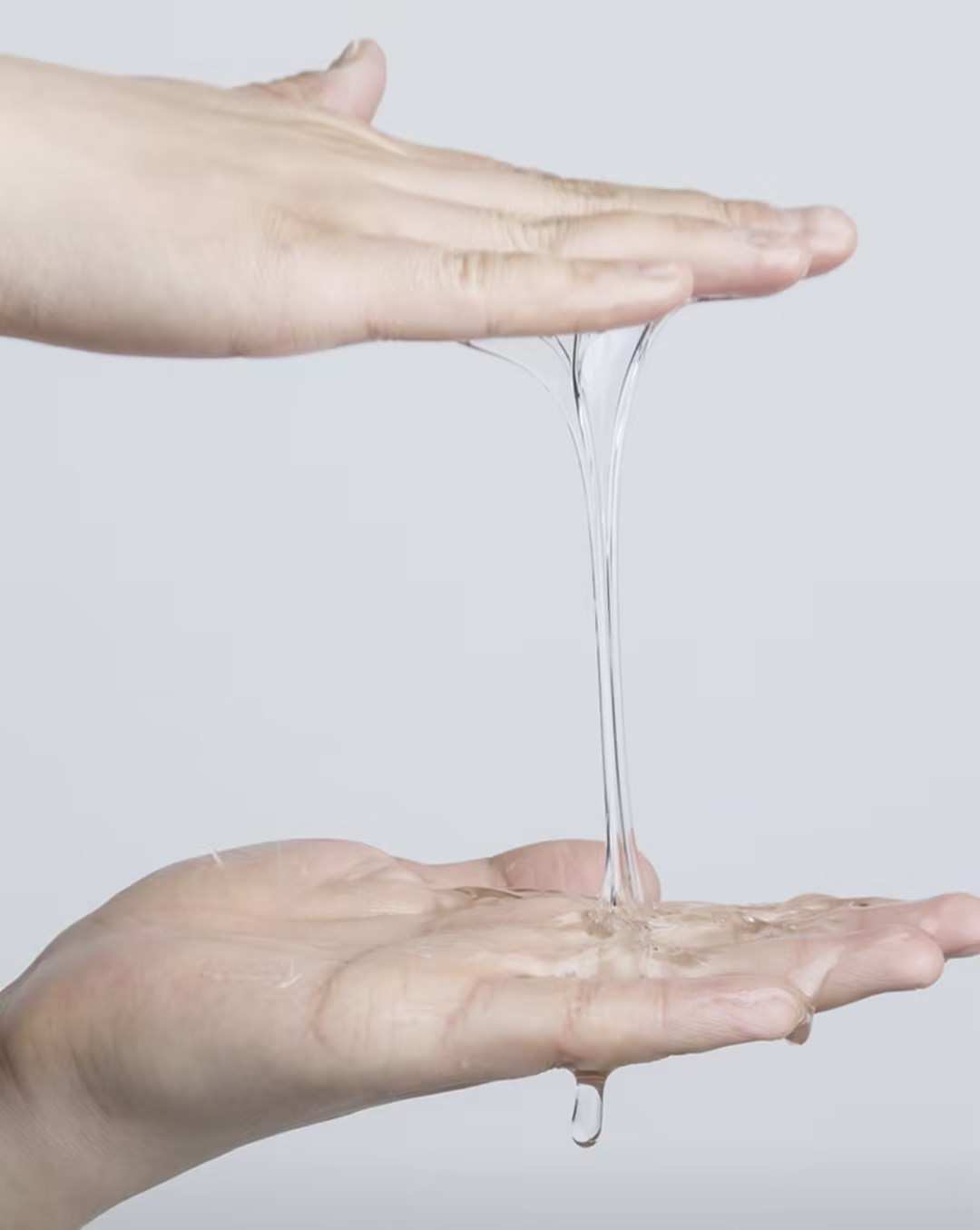Analysis of the Waterproof Effect of Silicone Oil
Silicone oil, as a synthetic oil with unique physical and chemical properties, has demonstrated extensive application potential in multiple fields since its inception. Among them, the waterproof effect of silicone oil is particularly remarkable. This article will start from the basic characteristics of silicone oil, deeply explore its waterproof mechanism, application fields, advantages and challenges in practical applications, in order to provide reference for researchers and practitioners in related fields.
 1、 Basic characteristics of silicone oil
1、 Basic characteristics of silicone oil
Silicone oil, also known as polydimethylsiloxane (PDMS), is a high molecular weight compound formed by polymerization of dimethyl siloxane monomers. The high silicon oxygen bond energy in its molecular structure endows silicone oil with excellent thermal stability, chemical stability, and electrical insulation properties. In addition, silicone oil exhibits extremely low surface tension and good lubricity, which together lay the foundation for its application in the field of waterproofing.
Thermal stability: Silicone oil can maintain stable physical and chemical properties over a wide temperature range without significant performance changes due to temperature fluctuations.
Chemical stability: Silicone oil has good chemical inertness to most acids, bases, and organic solvents, and is not prone to chemical reactions.
Electrical Insulation: Silicone oil has high electrical resistivity and breakdown voltage, making it suitable for insulation and cooling of electronic and electrical equipment.
Low surface tension: The surface tension of silicone oil is much lower than that of water and many organic solvents, which makes it easy to spread on solid surfaces and form a uniform thin film.
Lubrication: Silicone oil has excellent lubrication properties, which can reduce friction and wear, and improve the operating efficiency of equipment.
2、 Waterproof mechanism of silicone oil
The waterproof effect of silicone oil is mainly based on its unique molecular structure and physicochemical properties. Specifically, the waterproof mechanism of silicone oil can be summarized as follows:
Surface energy matching: The surface tension of silicone oil is much lower than that of water, so when silicone oil is coated on a solid surface, it can form a low surface energy film. This layer of film can effectively repel moisture, preventing water droplets from spreading on the surface, thus achieving the purpose of waterproofing.
Chemical inertness: The chemical inertness of silicone oil to water makes it difficult for it to interact with water, thereby maintaining the dry state of the solid surface. In addition, silicone oil can effectively prevent corrosion and oxidation caused by moisture erosion.
Penetration and sealing: Silicone oil has a certain degree of permeability and can penetrate into the tiny pores on the solid surface, forming a dense waterproof layer. This waterproof layer can effectively block the penetration of moisture and protect the interior of the solid from moisture erosion.
Self repairing property: The weak interaction between silicone oil molecules gives the silicone oil film a certain degree of self-healing ability. When the silicone oil film is slightly damaged, the surrounding silicone oil molecules can quickly migrate and fill the gap, thereby restoring the waterproof performance.
Recommend product:
https://www.112seo.com/product-methyl-high-hydrogen-silicone-oil-my202.html


